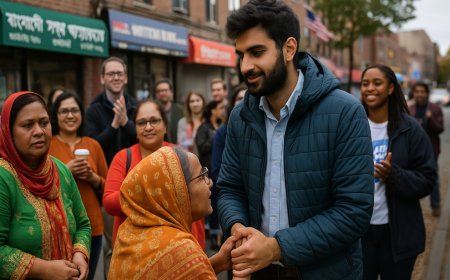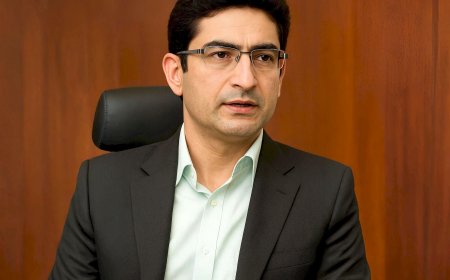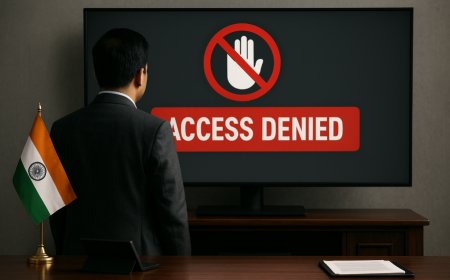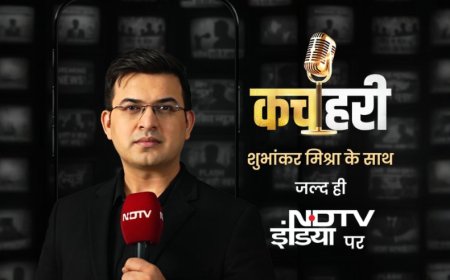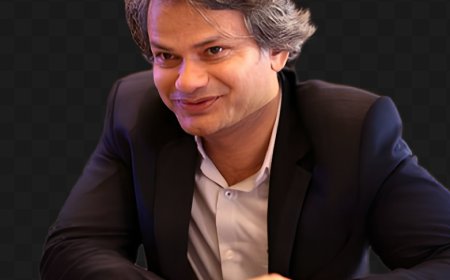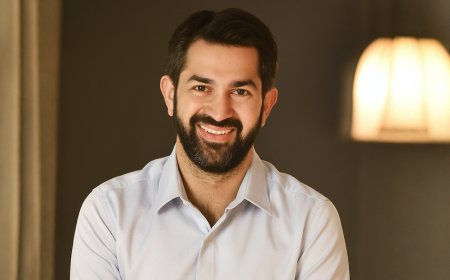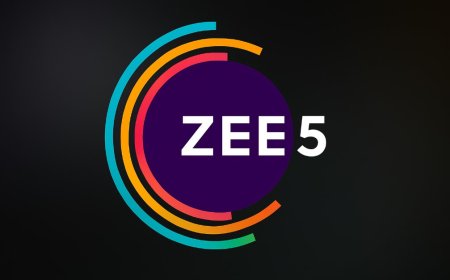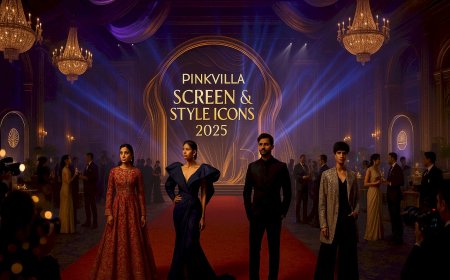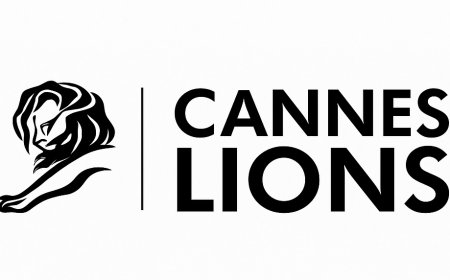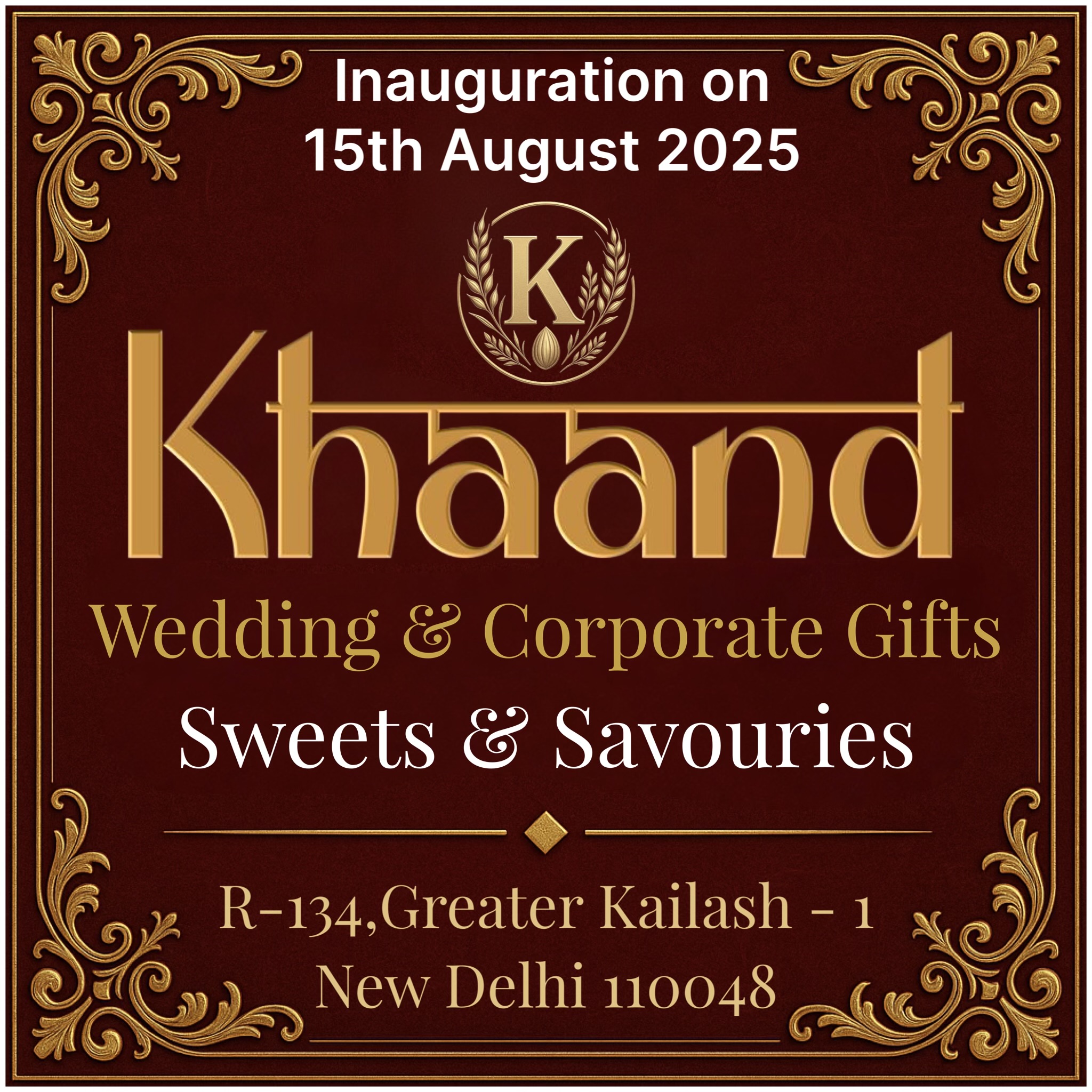Amer Jaleel Raises Questions on Creative Originality in Recent Tea Ad Campaign
Veteran adman Amer Jaleel has pointed out striking similarities between a Curativity pitch and Wagh Bakri’s released campaign, stirring debate on creative ethics and intellectual property in advertising.

Introduction: A Brewing Controversy in the Ad World
A fresh debate over creative originality and agency ethics has bubbled up in India’s advertising industry, and it’s steeped in more than just tea. Veteran adman Amer Jaleel, founder of ad agency Mullen Lintas, recently flagged a possible overlap between an unreleased pitch by Curativity and a new campaign by Wagh Bakri, one of India’s most well-known tea brands.
Jaleel took to LinkedIn to highlight the similarities, triggering wide-ranging conversations about idea ownership, client transparency, and the thin line between “inspiration” and “imitation” in the advertising world.
What Happened? The Backstory
Curativity, a relatively young creative agency, had apparently pitched a campaign idea to Wagh Bakri that focused on the emotional role tea plays in family dynamics—particularly emphasizing rituals of togetherness and generational bonding.
Months later, Wagh Bakri released a campaign that, according to Jaleel, bore notable resemblances in tone, narrative structure, and even some of the visual storytelling elements originally proposed by Curativity.
While Curativity did not execute the final campaign, the similarities have sparked concerns that creative concepts from the pitch may have been reused without credit.
Amer Jaleel’s Statement: Defending Creative Integrity
Amer Jaleel, a respected voice in Indian advertising, publicly supported Curativity, not by attacking Wagh Bakri outright, but by highlighting how fragile the line between idea sharing and appropriation can be.
Wider Industry Response: A Familiar Story?
The reaction from the advertising fraternity has been mixed but largely empathetic toward Curativity. Many professionals shared their own experiences of:
-
Losing pitches only to see similar work surface later
-
Clients absorbing core campaign ideas and passing them off to other agencies
-
The lack of formal protections for pitch ideas unless contractual clauses are in place
While some industry voices stressed the need for legal safeguards, others emphasized building mutual trust and documentation in all client-agency dealings.
The Grey Area: What’s Protectable, What’s Not
In advertising, ideas are intangible—and unless formally registered or contractually protected, proving creative theft can be extremely difficult.
Common issues include:
-
No NDA or exclusivity clauses signed at the time of pitching
-
Vague overlaps that are hard to label as theft
-
Clients working with multiple agencies simultaneously, sometimes leading to “accidental” overlaps
This case shines a light on how creative ownership needs clearer frameworks, especially when agencies are investing time, energy, and insight into proactive pitches.
What This Means for Agencies and Creators
Agencies—especially smaller ones—often pitch speculatively to win business. While that hustle is respected, it leaves them vulnerable to idea extraction without compensation.
Going forward, this incident highlights the need for:
-
Clearer contracts and NDAs even before pitching ideas
-
Agencies documenting and timestamping their concept submissions
-
Clients maintaining ethical boundaries when switching creative partners
-
Industry bodies to create a best practices code for pitch protection
This is not just about one campaign—it’s about fostering trust and respect in the creative economy.
What’s Next for Wagh Bakri and Curativity?
So far, Wagh Bakri has not issued a public response addressing the allegations of overlap. Curativity has also chosen not to escalate the matter formally, but the creative community continues to watch the space closely.
Whether or not legal action is pursued, the campaign has already sparked an important industry dialogue—one where credit and collaboration must coexist more transparently.
Conclusion: Originality Deserves More Than Just Praise
The advertising world thrives on ideas. But for ideas to be shared freely, they must be respected, credited, and protected.
Amer Jaleel’s stand on behalf of Curativity is not just a defense of one pitch—it’s a reminder to the entire industry that originality isn't just creative currency, it's intellectual capital. And that capital deserves protection, acknowledgment, and fairness.
What's Your Reaction?
 Like
0
Like
0
 Dislike
0
Dislike
0
 Love
0
Love
0
 Funny
0
Funny
0
 Angry
0
Angry
0
 Sad
0
Sad
0
 Wow
0
Wow
0



